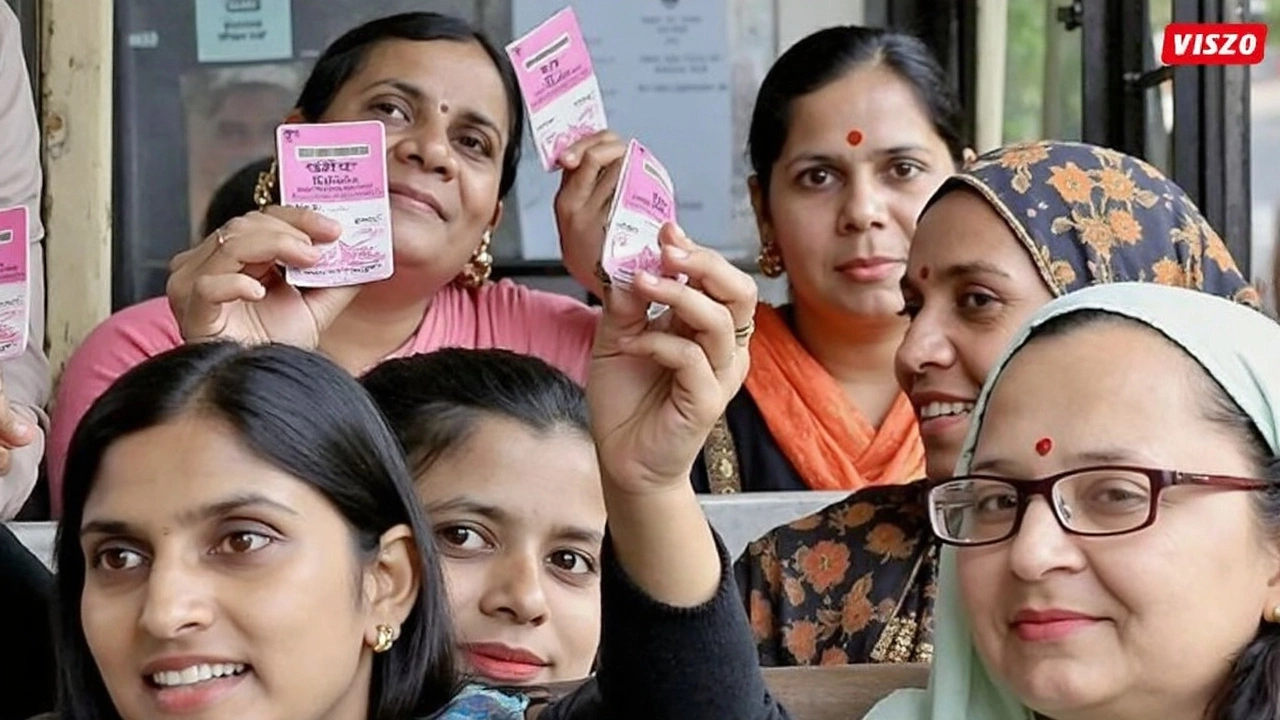Tempers Flare in Merta: Councillor’s Slipper Toss Rocks Municipality Meeting
A civic meeting in the usually unremarkable town of Merta, Rajasthan, turned wild on January 19, 2024, when a councillor’s frustration broke out into open confrontation. During a routine municipal council session, Shobha Lahoti, an Independent councillor with BJP’s support, lost her cool and hurled her slipper at the council’s chairman, Gautam Tak. What was meant to be a forum for civic debate quickly spiraled into chaos, capturing the unpredictable undercurrent that has gripped local politics.
Those present say the dispute began as a verbal back-and-forth about administrative issues. Municipal council meetings in Merta often get noisy, but attendees said this one felt particularly tense from the start. Lahoti, outspoken and not new to confrontation, found herself at odds with Tak over a contentious agenda point related to civic services.
No one expected her to take off her footwear and aim it straight at the chairman, but the outburst shocked officials and onlookers alike. Within moments, the meeting room erupted in shouting, council members standing up, and security personnel scrambling to keep order. The incident quickly became the talk of the town, with videos and photos of the chaos flooding local WhatsApp groups before the session even ended.
What really stands out here isn’t just the flying slipper—it’s the political tension that’s been bubbling under Merta’s seemingly ordinary council meetings. Merta’s municipality is a microcosm of Rajasthan’s shifting power landscape. Independent and party-backed councillors often find themselves on opposite sides, and Lahoti, despite her independent status, has been a visible supporter of BJP interests. Tak, on the other hand, represents a different faction, and recent debates about funding, project approvals, and resource allocation have turned every meeting into a stage for high drama.
People living in Merta say council meetings have gotten increasingly raucous lately. Some attribute it to fierce competition ahead of upcoming elections and shifting alliances. Others blame long-standing gridlock over infrastructure improvements, from road repairs to water management, as councillors use every public forum to air their grievances. Heated language and finger-pointing have become routine—by now, slinging accusations is almost expected. Physical outbursts, though, are rare and lead to even deeper resentment between opposing camps.
The slipper-throwing episode has set off a fresh debate about the state of local governance and decorum. Other councillors have weighed in, calling for stricter enforcement of meeting protocols and better training on conflict management. Social media, predictably, is full of memes and heated commentary, with many blaming political parties for encouraging such behavior by fanning rivalry for their own advantage. The state administration has been slow to respond, but a brief police inquiry into the scuffle has already begun, and both Lahoti and Tak might soon face disciplinary measures by the council’s ethics committee.

The Ripple Effect: How One Outburst Sheds Light on Troubled Local Governance
This event is more than just a headline-grabber. For locals, it highlights growing concern over the effectiveness of municipal governance. When debates descend into chaos, decisions on sanitation, road repairs, and local schools get delayed—or abandoned altogether. Frustrated residents watch leaders spar instead of solving day-to-day problems, eroding trust in local government.
There’s another angle, too: political realignments in Rajasthan’s smaller towns are pushing councillors to posture more aggressively, often for the benefit of their backers instead of their constituents. In places like Merta, independents backed by major parties can tip the balance, which means emotional confrontations are as much about staking out turf as they are about policy differences.
- Power struggles over resource distribution are intensifying, especially as elections approach.
- Physical altercations like this risk setting a new, troubling norm in council proceedings.
- Public faith in democratic institutions can falter when leaders act out instead of resolving issues constructively.
So as the story of the flying slipper spreads, it’s become a symbol of the deeper battles playing out behind the municipal council’s doors. For the people of Merta, it’s a stark reminder that their representatives’ conflicts are not just political theatre—they have real, everyday consequences.
